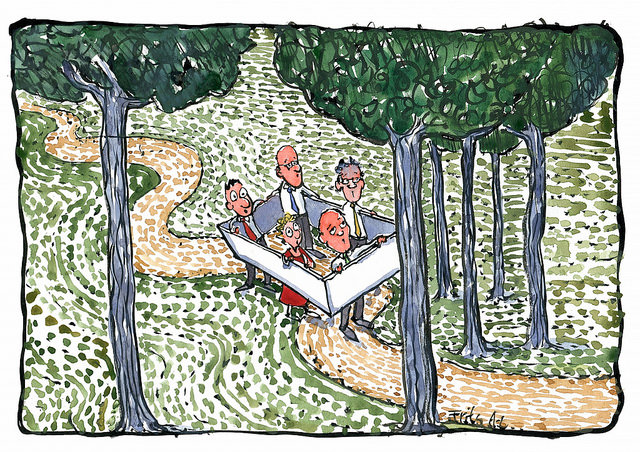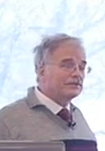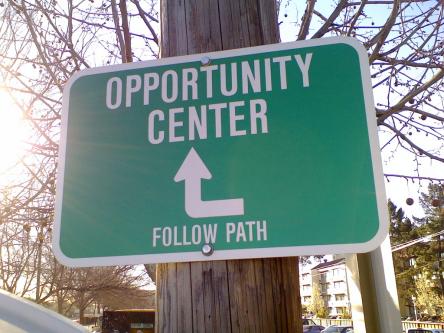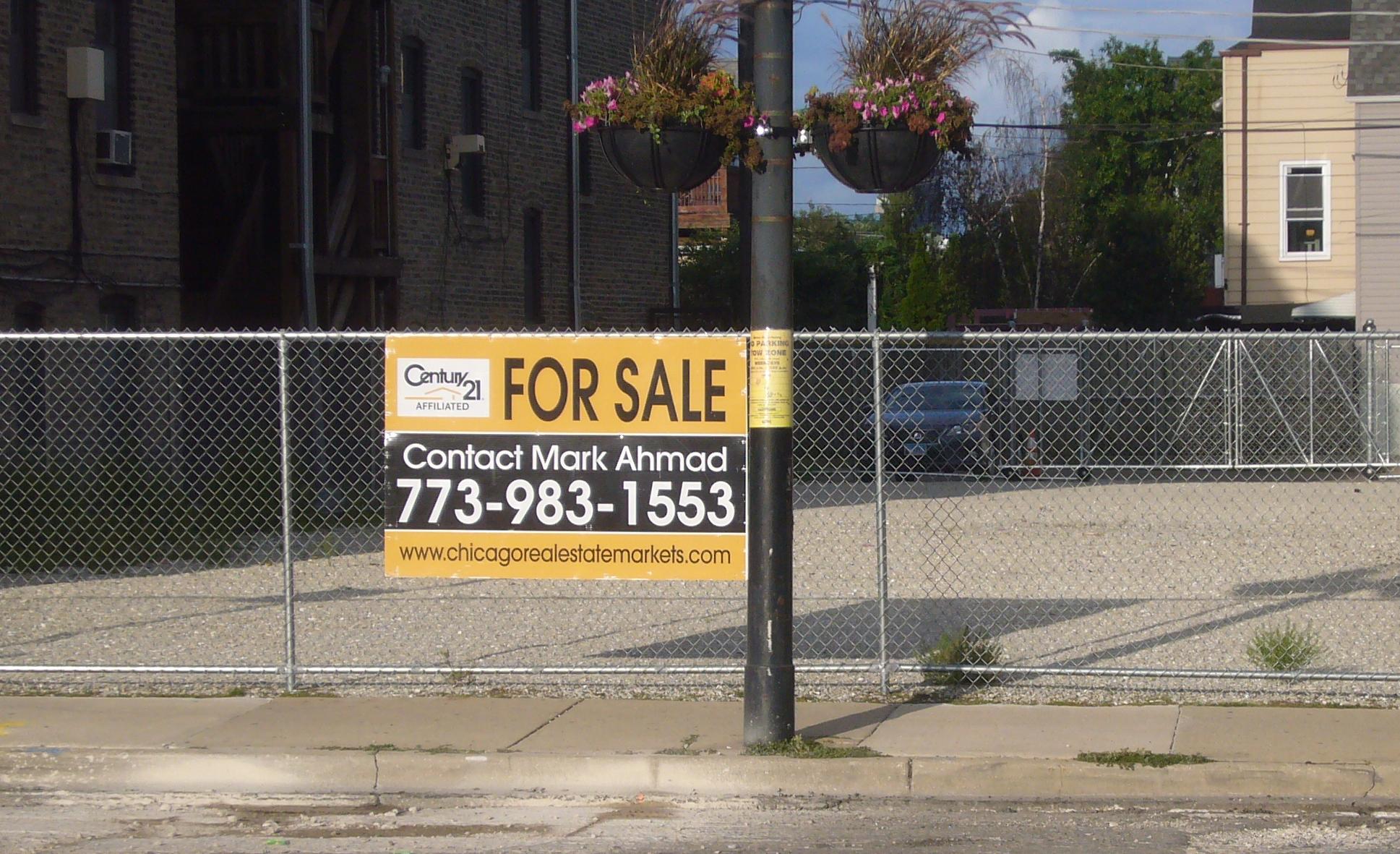
We’ll gather in a rundown south Evanston back yard [you get the exact address when you RSVP; be assured it is half a mile to publc transportation.] to commemorate Henry George’s 178th birthday (actually he was born September 2, but by tradition we use Labor Day). This year, we’re also celebrating our transition to a virtual school using multiple locations, no longer paying monthly rent to a landlord.
Thanks to the generosity of HGS supporters past and present, everyone who’s completed any HGS course, ever, is welcome to attend without charge. Bring a significant other, or a friend who might find HGS of interest, also no charge. And of course no charge for your minor dependents. We hope to see people who might have taken a course years ago and almost lost touch with us. Come by, meet some of the new students and graduates, as well as the volunteer staff.
There will be food, drink, a lot of conversation and maybe some productive discussion about how to help our community understand how the economy works, the fundamental principles which can be harnessed to bring prosperity and freedom.
PLEASE PLEASE PLEASE let us know by Friday September 1 whether you’ll be coming. It would be great, but not required, if you can bring something to share. Monetary donations are also extremely welcome, and can be made here, or by check to the School, or at the event.
Recent books by Scott Baker and Tom Tresser (ed) assert that America is not Broke and Chicago is not Broke. They’re right, of course, and neither is Illinois. Using principles outlined by Henry George, this presentation will show how the community could choose to collect the value it creates, funding its needs without discouraging productive work, and without burdening the earning power of the most needy.
This is an update of material originally presented in May of this year. While subsequent developments have transferred some of the economic distress from governments to citizens, there is no indication that the politicians or other interest groups involved admit any understanding of the fundamental economic principles described here.
“The purpose of Newspeak was not only to provide a medium of expression for the world-view and mental habits proper to the devotees of IngSoc, but to make all other modes of thought impossible. It was intended that when Newspeak had been adopted once and for all and Oldspeak forgotten, a heretical thought – that is, a thought diverging from the principles of IngSoc – should be literally unthinkable, at least so far as thought is dependent on words.“
— George Orwell

Something like this has happened to the field of economics, says Dan Sullivan. Terms which had clear meanings to Adam Smith, J S Mill, and other classical economists have got distorted and redefined– or obliterated– to prevent serious discussion of economic issues. Going back to the roots of political economy, Dan suggests the real point of a proper science of economics would be to efficiently satisfy the desires of the people, both individually and collectively.
Dan will help us distinguish between “rights” and “privileges,” “investments” and “acquisitions”, and several distinct concepts that all get called “wealth.” He’ll address the difference between “means of production” and “capital,” and differentiate “human capital” from modern slavery.
You can understand today’s economic issues such as minimum wages, tax policy, international trade, housing costs, and unemployment, but only if you have a clear idea of the fundamental terms. These terms can be readily comprehended by ordinary people and do not lead to any particular “left” or “right” public policy, but they facilitate informed communication.
There will of course be time for questions and discussion.
Based in Pittsburgh, Dan Sullivan is a popular speaker on economic issues, and Director of Saving Communities

Yes, it is possible to end poverty in America — or any independent nation — by recognizing a clear and logical distinction between private property and community property. Not just the poor, but everyone would have the opportunity to earn a decent living and enjoy better quality of life. Henry George, a prominent American philosopher and economist of the late 19th century, was the most prominent advocate of this reform. His book on the subject, Progress & Poverty, was probably the best-selling nonfiction work of his time, sparked a movement which brought prosperity to several American communities and foreign countries.
Introducing Progress & Poverty is a program by the Henry George School of Chicago, outlining the principles George advocated, how and why they work, and their potential for solving today’s problems in this city and elsewhere. This program will next be presented on Tuesday, October 10, 6PM to 8PM in the Chicago loop. Attendance is without charge or obligation. An extended course is also available for those interested.
We regret that due to management practices at the building, we must require pre-registration by email or phone (312 450-2906). If you are interested in the topic but this date and location don’t fit your schedule, please sign up for our announcement list. Also note that the program will be repeated in Edgewater on Sunday afternoon, October 29.

Yes, it is possible to end poverty in America — or any independent nation — by recognizing a clear and logical distinction between private property and community property. Not just the poor, but everyone would have the opportunity to earn a decent living and enjoy better quality of life. Henry George, a prominent American philosopher and economist of the late 19th century, was the most prominent advocate of this reform. His book on the subject, Progress & Poverty, was probably the best-selling nonfiction work of his time, sparked a movement which brought prosperity to several American communities and foreign countries.
Introducing Progress & Poverty is a program by the Henry George School of Chicago, outlining the principles George advocated, how and why they work, and their potential for solving today’s problems in this city and elsewhere. We’ll present this program on Sunday afternoon, October 29, 3PM to 5PM in the Edgewater neighborhood on Chicago’s north side. Attendance is without charge or obligation. An extended course is also available for those interested.
Pre-registration by email is encouraged, but not required if space is available. If you are interested in the topic but this date and location don’t fit your schedule, please sign up for our announcement list. Also note that the same program will be presented October 10 at a loop location.

Recent books by Scott Baker and Tom Tresser (ed) assert that America is not Broke and Chicago is not Broke. They’re right, of course, and neither is Illinois. Using principles outlined by Henry George, this presentation will show how the community fails to collect its legitimate earnings, instead placing barriers against productive work and making it unnecessarily difficult for working people to earn a living.
This is an update of material originally presented in May of this year. While subsequent developments have transferred some of the economic distress from governments to citizens, there is no indication that the politicians or other interest groups involved admit any understanding of the fundamental economic principles described here. Without this understanding, even honest government couldn’t put Illinois on a path to prosperity and freedom.
This Henry George School presentation is sponsored by the Chicago Ethical Humanist Circle, is free and open to the public. The Library is three blocks from the Western Brown Line CTA station.

Yes, it is possible to end poverty in America — or any independent nation — by recognizing a clear and logical distinction between private property and community property. Not just the poor, but everyone would have the opportunity to earn a decent living and enjoy better quality of life. Henry George, a prominent American philosopher and economist of the late 19th century, was the most prominent advocate of this reform. His book on the subject, Progress & Poverty, was probably the best-selling nonfiction work of his time, sparked a movement which brought prosperity to several American communities and foreign countries.
Introducing Progress & Poverty is a program by the Henry George School of Chicago, outlining the principles George advocated, how and why they work, and their potential for solving today’s problems in this city and elsewhere. We’ll present this program on Thursday afternoon, January 4, at 1PM at 300 Dodge in Evanston (CTA routes 93 and 97 stop nearby). Attendance is without charge or obligation. An extended course is also available for those interested, with sessions starting January 16 at the Evanston Public Library and January 18 in the loop.
Pre-registration by email or thru Eventbrite is encouraged, but not required if space is available. If you are interested in the topic but this date and location don’t fit your schedule, please sign up for our announcement list. Also note that a slightly expanded version of the same program will be presented January 11 at a loop location.

ProPublica Illinois investigative reporter Jason Grotto (formerly with the Chicago Tribune) has produced several major research stories about problems with real estate assessments in Cook County, as well as with the Assessor’s office itself. He’ll join us to talk about how and why he undertook this work, what’s wrong with the Assessor’s office and how it could be repaired, how the property tax would function if it were competently administered, and, if we’re lucky, how the tax could be restructured to improve fairness and better fund public services while promoting economic opportunity.
Join us to learn about some of the practical difficulties in bringing competence and efficiency to the administration of what could be a very fair tax.
PREREGISTRATION MANDATORY: Due to building policies you must pre-register by email or or by phoning us at 312 450-2906

Yes, it is possible to end poverty in America — or any independent nation — by recognizing a clear and logical distinction between private property and community property. Not just the poor, but everyone would have the opportunity to earn a decent living and enjoy better quality of life. Henry George, a prominent American philosopher and economist of the late 19th century, was the most prominent advocate of this reform. His book on the subject, Progress & Poverty, was probably the best-selling nonfiction work of his time, sparked a movement which brought prosperity to several American communities and foreign countries.
Introducing Progress & Poverty is a program by the Henry George School of Chicago, outlining the principles George advocated, how and why they work, and their potential for solving today’s problems in this city and elsewhere. We’ll present this program on Thursday, January 11, at 6:15PM. Attendance is without charge or obligation.
An extended course is also available for those interested, with sessions starting January 16 at the Evanston Public Library and January 18 in the Loop.
Due to building access restrictions you MUST pre-register using the Eventbrite link, or by email or by phone. If you are interested in the topic but this date and location don’t fit your schedule, please sign up for our announcement list. Also note that a slightly expanded version of the same program will be presented January 11 at a loop location.
